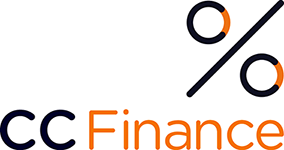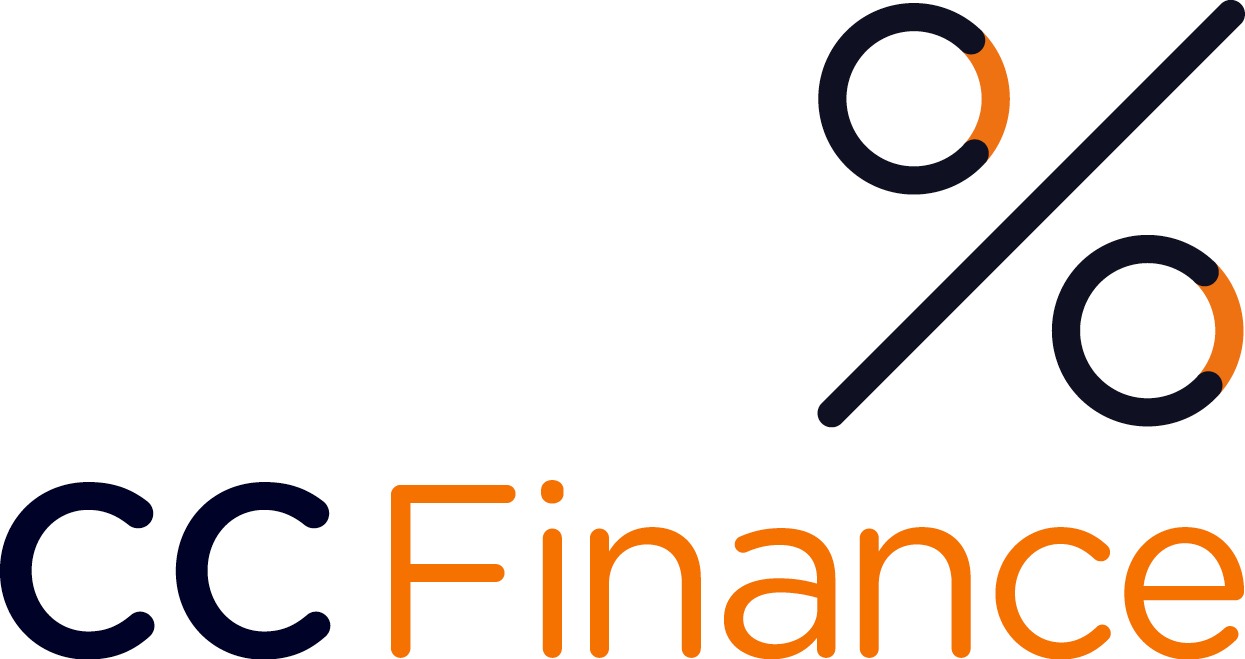Why invoice finance? To satisfy increasing cash flow needs more and more businesses have to look beyond traditional bank overdrafts. Whether you are a UK SME or a start up this primer about invoice finance explains benefits and costs, sub-types like invoice discounting and spot factoring, and why it is a secure alternative to unsecured borrowing.
What Is Invoice Finance?
In brief, invoice finance and invoice factoring are about turning invoices into cash way before your clients actually pay. Quite often with B2B businesses, their cash flow and working capital suffer because clients tear open funding gaps by paying their invoices after only 30 to 90 days. To be able to pay suppliers and employees in time these funding gaps need to be bridged.
An invoice factoring facility draws cash quickly into the business. Because these funders use your outstanding invoices as a security this is a fairly easy way to raise finance. Within 24 hours, lenders make up to 85% of the invoice’s sales value available in most cases. Provided your accounting software connects with the lender, funds are often released as soon as you add the invoice into your accounting system.
Until a couple of years ago, invoice finance used to suffer from bad reputation. Businesses would only use it if they were in dire need of cash or about to go under. Nowadays, many accountants and businesses assess invoice finance in pragmatic terms of return on investment. As a result, invoice finance has turned into a fast-growing product in commercial finance.
Invoice Factoring Costs
Compared to banks’ overdraft terms invoice factoring rates are often far better. Bottomline, the discounting charge (debit interest) is about 3 to 4% over base rate. Depending on the level of your turnover, number of customers and number of invoices issued factoring companies add a service charge. Typically, the charge is approximately 1% of turnover, though significantly less with invoice discounting arrangements.
If you used invoice finance at a cost of 3 to 4% a year and are able to create a return of 7% or more by using the provided funds then converting your debtor books into readily available revenue may be well worth it.
Key Invoice Finance Solutions
Invoice Discounting
With invoice discounting, lenders just forward outstanding payments from issued invoices to their clients. Most importantly, businesses retain control over their sales ledger. Their clients won’t even know that the invoices they receive are pre-paid through invoice finance. In general, either larger companies with accounting departments and those who prefer confidentiality will use invoice discounting.may be most suitable.
Invoice Factoring
In contrast, invoice factoring includes debtor management where the lender takes control of the sales ledger and collects debts. Instead of the business, the invoice factorer sends out invoices and collects payments. Especially small businesses without accounting departments and with some credit risk use it. Since this type of finance includes debtor management it is more expensive pro rate than invoice discounting.
As a consequence, invoice factoring companies care about who your clients are and what their payment history is like. For factorers, an invoice factoring agreement is only as good as business clients’ ability to pay.
Spot Factoring
As a type of invoice factoring, spot factoring is also known as selective invoice finance or single invoice factoring. Instead of funding all your invoices you just pick one or a few to forward on to a factoring company. In fact, spot factoring not just covers a certain invoice or a series of invoices but also certain clients.
Invoice Finance For Small Business
Probably the main reason SMEs turn to invoice finance is because it is a secure method of managing their working capital. Instead of setting up another unstructured overdraft, businesses choose a low-risk, asset-backed way of raising finance. There are even specialist invoice finance providers* who allow SMEs to use their accounting software and flexibly choose certain invoices to be factored.
Invoice Finance For Start Ups
For start ups and growing businesses in particular, invoice finance is a good way to fund their growth. As businesses expand and their debtor book grows, so will the finance available to them via invoice factoring. Consequently, more stock, machinery and equipment can be bought to fuel expansion. On top, a factoring company can help a business keep its admin staff lean as it outsources – and likely accelerates – debt collection.
Key Benefits of Invoice Factoring
- Up to 85% of the Invoice Value paid to you on issue.
- On-line process and cash paid in to your account same day / next day
- Facility available to new start business with turnover from just £100K per annum
- Bad debt insurance can be included if necessary to give additional peace of mind
- Factoring can be offered to most Business types and Industry Sectors
- Reduced finance costs over traditional overdraft facilities
- Easy to set up, service can be operational within 7 – 10 working days
Invoice Finance Brokers
Since the invoice lender landscape has exploded in the past couple of years businesses need to get a good understanding of available offers at any point in time. As whole of market brokers our panel of lenders cuts across all three tiers: from high street banks with their pricing terms to independent providers covering a variety of terms, including part ledger funding and export debt funding.
As experienced brokers, we offer free and unbiased advice. To meet your needs and budget we will tailor each invoice finance solution and show you how to efficiently implement factoring without disrupting your business. And because we cover the whole of market we will provide you a view of the entire landscape of invoice discounting and invoice factoring companies.
*) The provider we link to is part of our tried and tested panel of lenders. As a broker CC Finance will earn a small commission at no extra charge to you if you decide to sign up to the service using this link.


